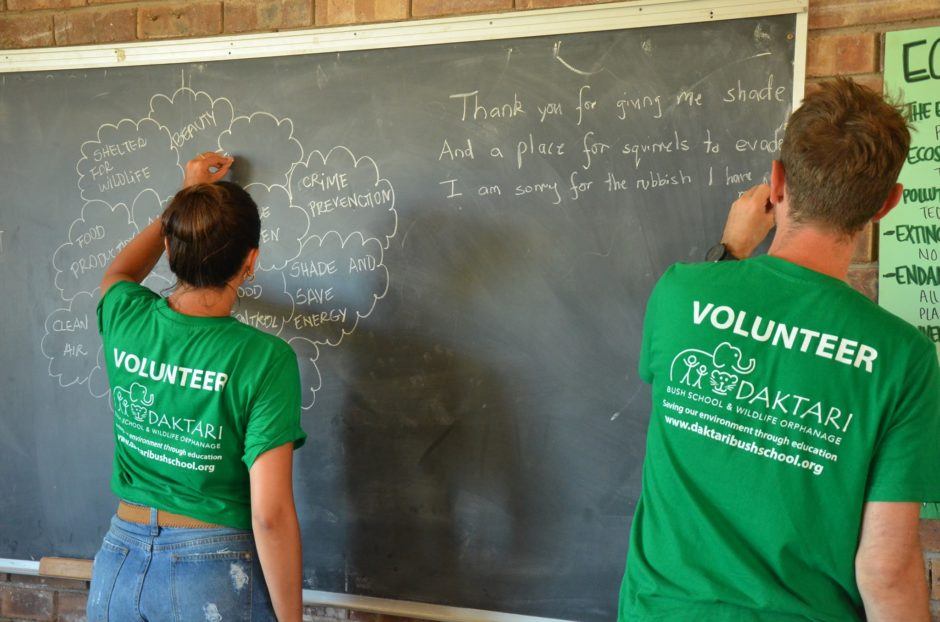In recent decades, the landscape of international volunteering has witnessed a shift, with some programs requiring participants to pay for the privilege of contributing to causes like conservation, wildlife conservation, or community development.
While this may seem counterintuitive to the traditional notion of volunteering, various reasons and considerations have led to this emerging trend. In this blog, we’ll explore the reasons behind paid international volunteering, ethical concerns, counterarguments, and provide advice for prospective volunteers to navigate this terrain responsibly.

Reasons for Paid International Volunteering Programs:
Sustainability and Resource Allocation:
- Some organizations argue that program fees contribute to the sustainability of projects by covering essential costs such as accommodation, meals, and project materials.
Professional Development Opportunities:
- Programs may offer specialized training or experiences, justifying the costs as an investment in the volunteer’s personal and professional development.
Local Economic Support:
- By charging fees, organizations claim to support local economies and ensure that communities hosting volunteers benefit economically.
Ethical Concerns:
Commercialization of Volunteering:
- Critics argue that turning volunteering into a paid service risks commercializing altruistic intentions, potentially attracting individuals seeking experiences rather than genuine contribution.
Equity and Access:
- Charging fees might exclude individuals with limited financial means, perpetuating inequality in access to volunteering opportunities.
Transparency and Accountability:
- Ethical concerns arise when organizations lack transparency in detailing how fees are utilized or fail to demonstrate measurable impact.
Counterarguments and Perspectives:
Quality Assurance:
- Some argue that program fees ensure a level of commitment from participants, filtering out those who might not take the experience seriously.
Local Community Benefits:
- Organizations may contend that the funds collected contribute to community development and sustainable projects, emphasizing the positive impact on local populations.
Advice for Prospective Volunteers:
Research and Due Diligence:
- Thoroughly investigate the organization, checking reviews, testimonials, and their financial transparency to ensure legitimacy.
Question the Organization:
- Ask about how fees are utilized, what specific benefits are provided, and inquire about the long-term impact of the program on local communities.
Consider Alternatives:
- Explore alternative programs that follow traditional volunteering models or opt for those with a transparent breakdown of costs and contributions.
Evaluate Personal Motivations:
- Reflect on your reasons for volunteering and ensure they align with the organization’s values, avoiding programs solely focused on personal gain.

A final reason why so many organisations moved towards the social enterprise model for volunteering is financial sustainability. So many charities struggle to survive. The volunteer tourism sector is not the only sector facing criticism, the charity / NPO sector too faces issues of duplication, poor resource spending and fundraising choice fatigue. This, social enterprise model, is one route out of this, if navigated ethically. Read more about this here.
In conclusion, while paid international volunteering programs in conservation and community development raise ethical concerns, understanding the reasons behind these models is crucial. Prospective volunteers play a pivotal role in holding organizations accountable and ensuring their contributions genuinely benefit the causes they aim to support. By approaching these opportunities with critical awareness and thorough research, volunteers can navigate the complexities of paid international volunteering responsibly.




Leave a Reply
You must be logged in to post a comment.